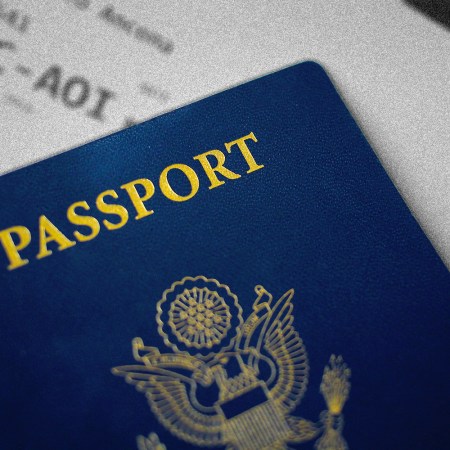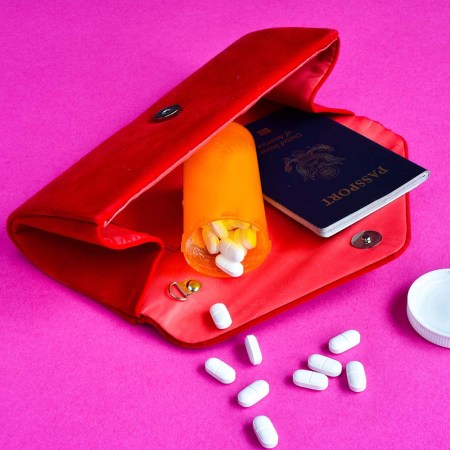According to a study by the U.S. Travel Association, in 2016 Americans wasted a record-setting 658 million vacation days, capping a 15-year decline in vacation usage. That number increased again (by four million) in 2017, and then again (by another 43 million) the following year. By 2019, more than 768 million vacation days were going unused, with more than half of Americans finishing the year with unused time.
It was once a point of pride. We’ve all had that one coworker who loved to brag about never being out of office (and, spoiler alert, if you can’t pinpoint that coworker, it’s probably you). Maybe you still do. Fortunately, a few years and one pandemic later, and it would seem people are finally starting to change their tune.
According to this year’s 15th Annual Vacation Confidence Index from Allianz Partners USA, Americans are both taking longer vacations (and, not for nothing, spending more on them). As originally reported by Travel Pulse, the poll, which surveyed more than 2,000 American adults, found that the average number of nights spent away this summer is now 4.5, compared to 4.3 last year and 4.1 in 2021.
The 10 Best Places to Visit This Summer: Trips for Every Kind of Traveler
Our trusted correspondents have lined up all the inspo you need for the perfect trip — as well as some insider tips, hacks and key gear to bring alongFurther, 71% of Americans will travel away from home for at least one night, averaging 1.4 trips away from home altogether this summer, while 39% are planning multiple getaways of two or more nights. The index also revealed a rise in the “micro-cation” — defined as “a leisure trip of four nights or fewer and at least 100 miles away from home” — with two thirds of respondents are planning to take at least one, and a quarter taking multiple.
It’s a seemingly paltry increase, sure, but any increase at all is contradictory to the findings by the U.S. Travel Association seven years ago. And 71% of Americans packing up for a one-nighter out of town might not seem like anything to write home about, but now consider that figure may comprise many of the aforementioned “I never take vacation time” coworkers, which is a win for us all.
Of course, I can’t discount the role that remote work has played in all of this (it’s possible that people are taking trips and not vacation time) but, whichever way you shake it, vacation is important. It’s good for the preservation of employee health — both mental and physical — which can lead to higher retention rates, and for recognizing potential and developing other team members. There are so many (scientifically proven!) benefits to taking time off from work, that it’s truly a shame the increase isn’t higher.
All of this to say: take the extra .2 days. Or five, if you can swing it. Trust me, not taking vacation time isn’t the flex you think it is (cc my boss).
Thanks for reading InsideHook. Sign up for our daily newsletter and be in the know.














